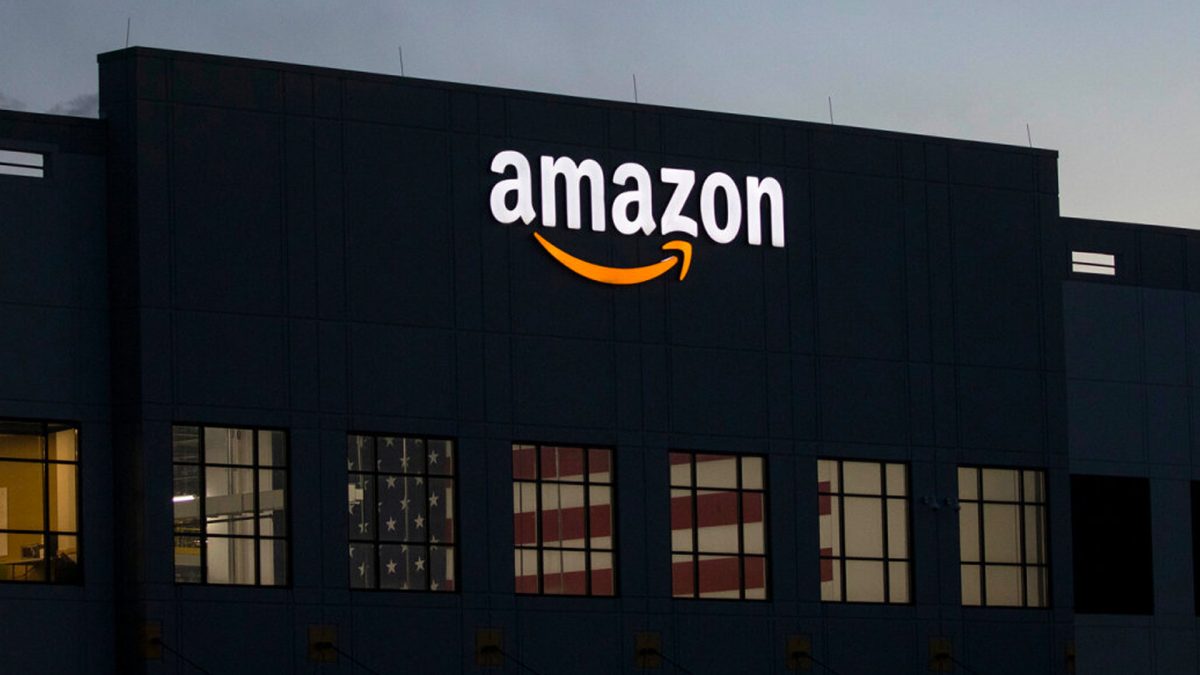The government has cracked the whip against online firms. On Wednesday, the government took a series of steps that will ban e-commerce companies from selling products from companies in which they have an equity interest. The government said in a statement that companies will also be prevented from entering into exclusive agreements with sellers. The new rules will be applicable from 1 February.
The Department of Industrial Policy and Promotion (DIPP), Ministry of Commerce and Industry had released Press Note No. 3 (2016 series) dated 29 March, 2016 wherein it had set out guidelines for 100 percent Foreign Direct Investment in e-commerce qualifying for automatic approval. It made it clear that 100 percent FDI under the automatic approval category is on only if marketplace model was followed as opposed to the inventory model.
In inventory model, the e-commerce platform directly buys the goods, takes up complete responsibility for the goods sold thus assuring the customer that she need not take up quality and quantity issues with the anonymous seller lurking behind the formidable online seller. The Chinese e-commerce behemoth Alibaba doesn’t fight shy of proclaiming that it is following the inventory model.
As against this, the American e-commerce giant Amazon and its fiercest competitor in India, Flipkart, now controlled by another American giant Wal-Mart, have been substantially following the inventory model while pretending to be following the marketplace model. Accordingly they have been escaping product and quality responsibilities, passing on the buck to the anonymous seller using its online platform besides incestuously selling their own products.
The danger of selling products of firms in which the e-commerce portal has stakes is that it can make more money vis-à-vis the products of firms in which it has no equity stakes. The incestuous practice not only makes products costlier for the consumer but also puts the bricks and mortar stores out of business. Many small and medium enterprises have been of late selling through e-commerce portals fatalistically in the realization that if you cannot beat them, join them. But they lose out to competitors supported by the e-commerce portal both by way of equity stakes and otherwise.
The 2016 guidelines partially tried to address the issue by drawing a clear line—under the marketplace model the e-commerce portal is prohibited from allowing its portal to a seller selling more than 25 percent of the portal’s total sales. In other words, the e-commerce platform’s role was to enable thousands of sellers without marketing wherewithal to reach out to millions of customers. It should neither control the inventory nor influence the price.
But the 2016 guideline failed to check incest, i.e. selling its own products substantially. The 25 percent limit did not deter them because they floated many such subsidiary or associate companies. Amazon runs Cloudtail India and Appario Retail, possibly the largest vendors on its platform. Flipkart has other vendors, such as RetailNet and Omnitech Retail. In any case even the 25 percent leeway is too much. The new rule to take effect from 1 February 2019 puts an end to such incestuous sales by banning even 1 percent sale of products of companies and firms in which the e-commerce company has stakes. This is as it should be.
How can we say while abuse is bad, we will tolerate it so long as such abuse doesn’t cross the 25 percent limit? The bottom line is, there are now two norms: 1) A 25 percent limit for sale of products of sellers in which the e-commerce platform does not have direct or indirect stakes, i.e. they are at arm’s length from each other; and 2) Complete ban on sale of products of sellers in which the e-commerce platform has even a minuscule direct or indirect stake.
“An entity having equity participation by an e-commerce marketplace entity or its group companies, or having control on its inventory by a e-commerce marketplace entity or its group companies, will not be permitted to sell its products on the platform run by such a marketplace entity,” the DIPP circular dated 26 December 2018 says.
The second important change also taking effect from 1 February 2019 is a ban on exclusive sale on marketplace e-commerce platforms. This puts paid to flash sales that are de rigueur in Amazon and Flipkart platforms that last for an extremely short period of time mainly to sell the latest models of mobile phones. Such short duration sales make a mockery of the claim of marketplace besides bringing the website crashing down in view of the extreme pressure put on it by the online buyers falling over themselves. But then the ban is not on flash sales per se. The ban is only on exclusive sale. Thus a latest version of mobile phone can be flash sold on both Amazon and Flipkart.
In order to keep a track of such compliance, a new compliance has now been introduced wherein an e-commerce portal is now required to furnish a certificate along with a report of statutory auditor to the Reserve Bank of India (RBI), confirming compliance of above guidelines, by 30 September of every year for the preceding financial year. This will ensure that the RBI is completely aware of the extent of compliance by the major e-commerce players swearing by the marketplace model.
The e-commerce reforms comes hot on the heels of better and improved consumer protection ushered in last week through a fresh Consumer Protection Bill 2018 passed by the Lok Sabha that also seeks to discipline online sales. This week’s e-commerce reforms is to provide a level-playing field for bricks and mortar stores by and large owned by the _desi_s.
(The author is a senior columnist and tweets @smurlidharan)


)




)
)
)
)
)
)
)
)